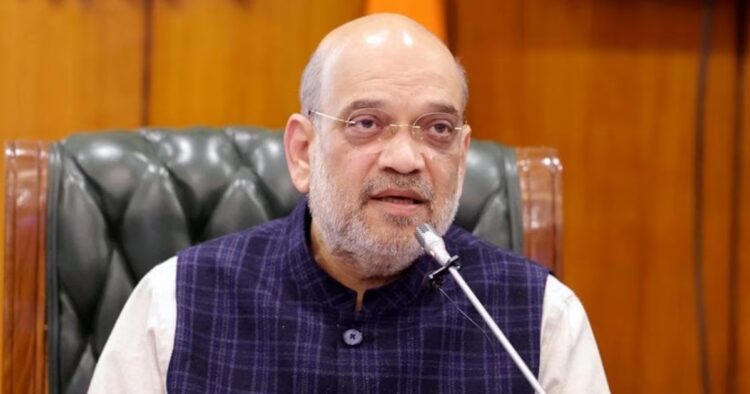In a move aimed at bolstering Prime Minister Narendra Modi’s vision of zero tolerance against terrorism, the Bharat government has extended the ban on the Students Islamic Movement of India (SIMI) for an additional five years under the Unlawful Activities (Prevention) Act (UAPA). The home ministry’s office, in a social media post, highlighted that this decision was made due to SIMI’s involvement in activities that threaten the sovereignty, security, and integrity of the nation.
SIMI, originally banned on February 1, 2014, saw its ban extended for five more years in 2019. The organization, founded in 1977 in Aligarh, Uttar Pradesh, with Mohammad Ahmadullah Siddiqi as its founding president, operates with the agenda of converting Bharat into an Islamic nation. This is not the first time SIMI has faced such restrictions, as it was first declared an outlawed outfit in 2001 and has been banned on multiple occasions.
The decision to extend the ban comes as a response to SIMI’s alleged involvement in fomenting terrorism, disturbing peace, and undermining communal harmony. The organization has been linked to various acts of violence, including the Bhopal jailbreak in 2014, the M Chinnawamy stadium blast in Bengaluru in the same year, and the Gaya blasts in 2017.
Members of SIMI have been implicated in several terror attacks across the country. The organization has been active in states such as Uttar Pradesh, Kerala, Delhi, Karnataka, Andhra Pradesh, Rajasthan, Madhya Pradesh, Bihar, Assam, West Bengal, Maharashtra, and parts of Gujarat. The ban aims to curb the group’s activities and prevent any threats to national security and public safety.
This extension of the ban reflects the government’s commitment to combatting terrorism and maintaining peace and harmony within the nation. The decision was made under the provisions of the UAPA, which empowers the government to take stringent measures against organizations deemed unlawful and posing a threat to the nation’s well-being.

















Comments